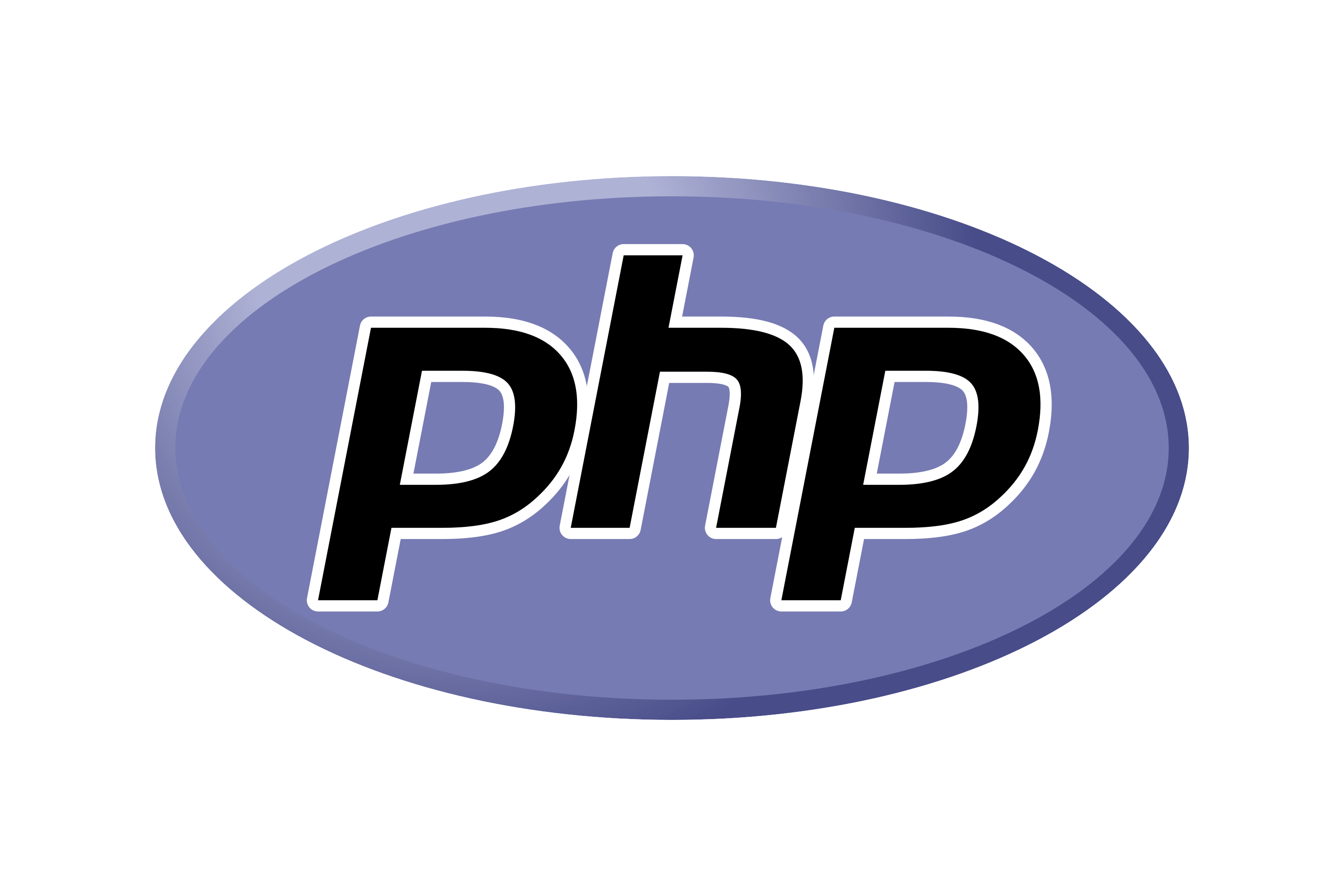What Is PHP?
PHP, which stands for Hypertext Preprocessor, is a versatile and widely adopted scripting language that has significantly shaped the web development landscape. It operates on the server-side, empowering developers to build dynamic and interactive websites and applications.
One of the key strengths of PHP lies in its extensive support for various platforms and operating systems, making it accessible to developers across different environments. With PHP, developers have the flexibility to embed it seamlessly within HTML code or utilize it as a standalone scripting language.
PHP has garnered a massive community of developers, thanks to its open-source nature. This vibrant community continuously contributes to the growth and enhancement of PHP by creating frameworks, libraries, and plugins that extend its functionality.
What Are the Pros of PHP?
What Are the Cons of PHP?
Scripting Language Alternatives to PHP?
PythonPython is a high-level, interpreted programming language known for its simplicity and readability. It was created by Guido van Rossum and released in 1991. Python emphasizes code readability and a clean syntax, which makes it easy to learn and understand. More
Python is a versatile and powerful scripting language known for its simplicity and readability. It offers various frameworks like Django and Flask that facilitate web development.
JavaScript
JavaScript is a ubiquitous scripting language that runs on the client side in web browsers. However, with the advent of server-side frameworks like Node.js, JavaScript can now be used for full-stack web development.
Java
Java is a programming language widely used for enterprise-level web development. It offers frameworks like Spring and JavaServer Faces (JSF) for building scalable web applications.
C#
C# (pronounced “C sharp”) is a statically typed programming language developed by Microsoft. It is commonly used for web development with the ASP.NET framework, offering a powerful and scalable platform for building enterprise-grade applications.
Ruby
Ruby is an elegant and expressive scripting language that prioritizes developer productivity and readability.
Expert PHP Application Management By Clarkes.Team
Managing and maintaining PHP-based applications can sometimes be daunting. But worry not! Clarkes.Team is here to provide you with specialized management services tailored specifically for PHP scripting language applications. We take pride in assisting our clients in ensuring their servers are secure, optimized for optimal performance, and running seamlessly.
At Clarkes.Team, we specialize in helping businesses monitor thier database servers and applications, managing them, and optimizing their security and performance.
At Clarkes.Team, our dedicated team of experts possesses extensive experience and in-depth knowledge of PHP. Performance optimization is our forte. We will meticulously identify and address configuration bottlenecks that may result in slow response times or excessive resource usage.
By entrusting your PHP applications and servers to Clarkes.Team, you can devote your undivided attention to your core business objectives. Our relentless commitment to customer satisfaction guarantees that your server will always run smoothly and efficiently.
Experience the peace of mind that comes from having a reliable partner like Clarkes.Team. Let us handle the intricate technical details while you focus on driving your business forward. Contact us today and witness the transformation as we take your PHP infrastructure to new heights of reliability and performance.
PHP Related Blog Posts
Coming Soon
Other Recent Posts
WordPress Redirected to NSFW Adult Content
Imagine If Your Business WordPress Redirected to Adult Content We see a lot of craziness in our line of work. And unfortunately, it is often hard-working business owners that are the ones victimized. ...
Your Domain is Vital
Your Domain is Vital – Do Not Lose It! Imagine waking up one morning to discover your customers can no longer reach and interact with your website. No new leads and SEO is plummeting! ...
Fortune Aganbi
Content Writer
Fortune is the team’s content writer! Fortune is dedicated to enlightening you on everything you need to know about the technical aspects of your business through her writing at Clarkes.Team.
Secure Your NET Assets! Clarkes.Team Will Be At #InvestFest2022
Clarkes.Team will be live at InvestFest 2022! And we are coming to Atlanta, Georgia, with one mission: To Help You Secure Your InterNET ASSETS!
WordPress Security – The Most Targeted CMS
WordPress is being operated by over 445 million websites. It is no surprise why it is the most targeted CMS by hackers looking to profit off your hard work.







